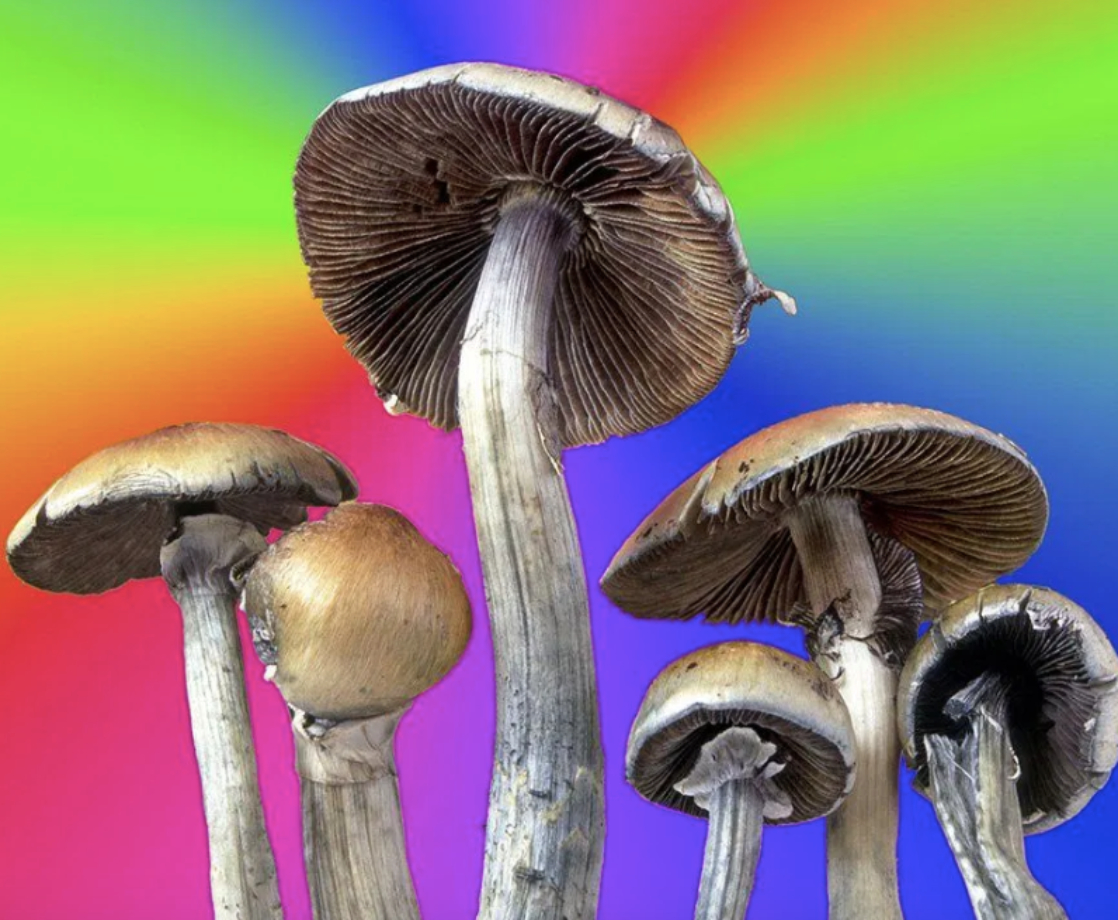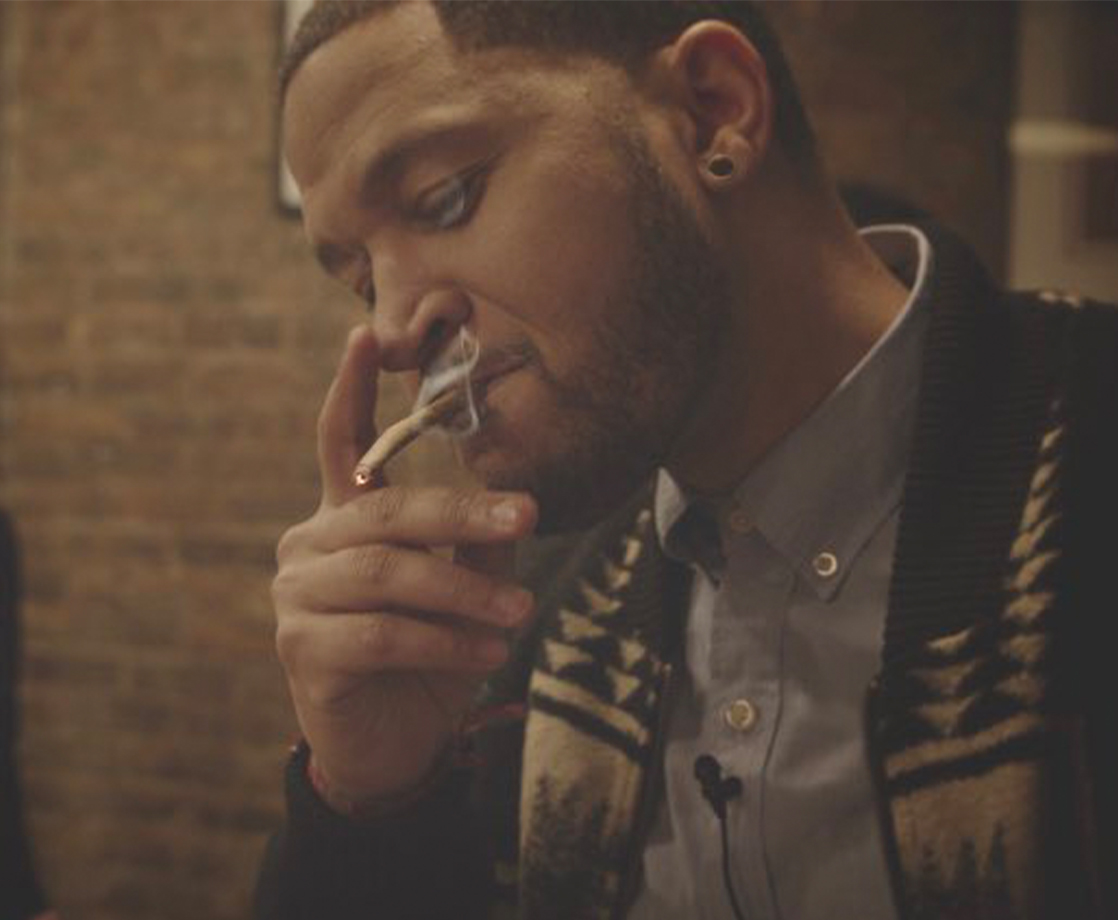Nearly five years ago, a team of researchers conducted a landmark trial exploring whether psilocybin, the compound in magic mushrooms that makes us trip balls, could reduce anxiety in patients suffering from lethal forms of cancer. Since then, researchers’ interest in exploring the therapeutic potential of Psilocybe cubensis has skyrocketed.
Several clinical trials in the last half-decade have concluded that psilocybin can effectively treat anxiety, depression, and other conditions. That’s why the federal government is now seriously considering legalizing this natural psychedelic as an adjunct to therapy.
In the original 2016 study, researchers gave a single dose of psilocybin to 29 people suffering from life-threatening forms of cancer. Each of these patients was previously diagnosed with anxiety and/or depression as a direct result of their illness. Six months after taking this single dose, between 60 and 80 percent of patients reported a significant reduction in symptoms of depression and anxiety.
Years later, the original research team followed up with patients from the original study to see if the positivity generated from the psilocybin experience was still in effect. Out of the surviving 16 patients, 15 agreed to take additional psychological assessments between 3.2 and 4.5 years after the initial study.
“Reductions in anxiety, depression, hopelessness, demoralization, and death-anxiety were sustained at the first and second follow-ups,” the authors wrote in the follow-up study, published in the Journal of Pharmacology. At the second follow-up, 4.5 years after the original study, 60 to 80 percent of patients still showed signs of decreased anxiety and depression. “Participants overwhelmingly (71-100%) attributed positive life changes to the psilocybin-assisted therapy experience and rated it among the most personally meaningful and spiritually significant experiences of their lives.”
The authors also asked participants to describe how their psychedelic experience changed their outlook on life. “I experienced such overwhelming love in my psilocybin experience that it gave me new confidence,” one subject responded, according to IFLScience. “I think the extreme depth of love I felt changed the way I relate to others. [It] gave me a feeling that I have a right to be here and to enjoy life.”
Another participant said that “the psilocybin experience changed my thoughts about myself in the world… I see myself in a less limited way. I am more open to life. It has taken me out from under a big load of feelings and past issues in my life that I was carrying around.”
“These findings suggest that psilocybin-assisted psychotherapy holds promise in promoting long-term relief from cancer-related psychiatric distress,” the study concludes.
The authors note that the study does have its limitations, especially due to its small subject pool. But that doesn’t take away from the study’s positive implications. “Nonetheless, the present study adds to the emerging literature-base suggesting that psilocybin-facilitated therapy may enhance the psychological, emotional, and spiritual well-being of patients with life-threatening cancer.”











